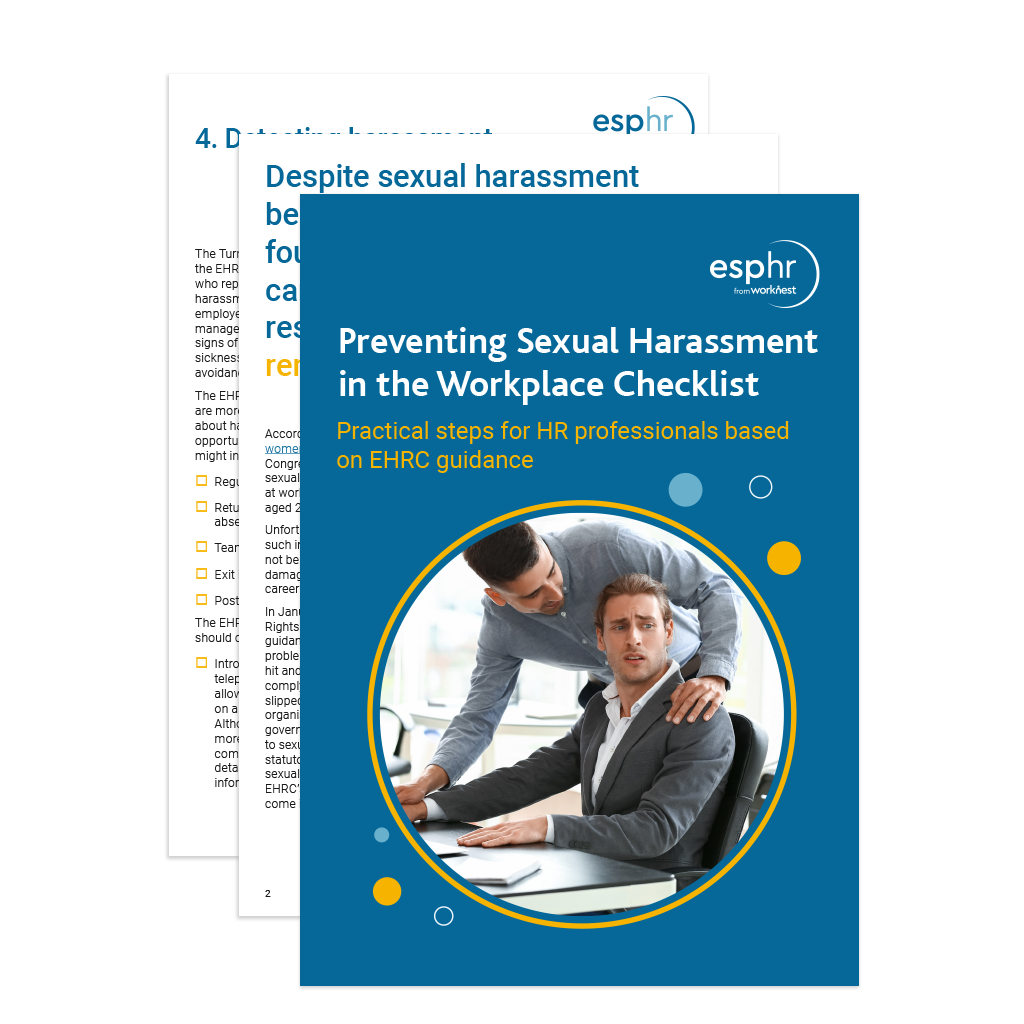To be more inclusive at work, start by developing strong learning and development policies that promote equality and regularly review your organisation’s culture to ensure it supports all groups. Implement an ‘Inclusion and Diversity’ strategy that provides a clear focus for related training, helping staff understand the importance of fostering an inclusive environment and preventing workplace bullying, harassment, and discrimination.
Recruitment should be thoughtfully managed to reach a broad and diverse audience, ensuring no group is excluded or discriminated against. It’s essential to make sure that employment practices, such as job advertising, interviews, and hiring decisions, are inclusive and non-discriminatory under the Equality Act 2010.
Additionally, provide equal access to promotions, perks, and benefits. Ensure that professional development opportunities are open to everyone, with structured training sessions that encourage participation and create a space for individuals to share ideas. Benefits, bonuses, and promotions should be accessible to all, with objective assessment processes in place to prevent unconscious bias from influencing decisions.
Address unconscious bias by offering training that helps employees recognise and challenge their own assumptions and stereotypes. This can improve decision-making in recruitment, task allocation, and promotions.
By fostering an inclusive culture that offers equal opportunities to all, employers can ensure their workplace is not only legally compliant but also a welcoming environment where everyone can thrive.

